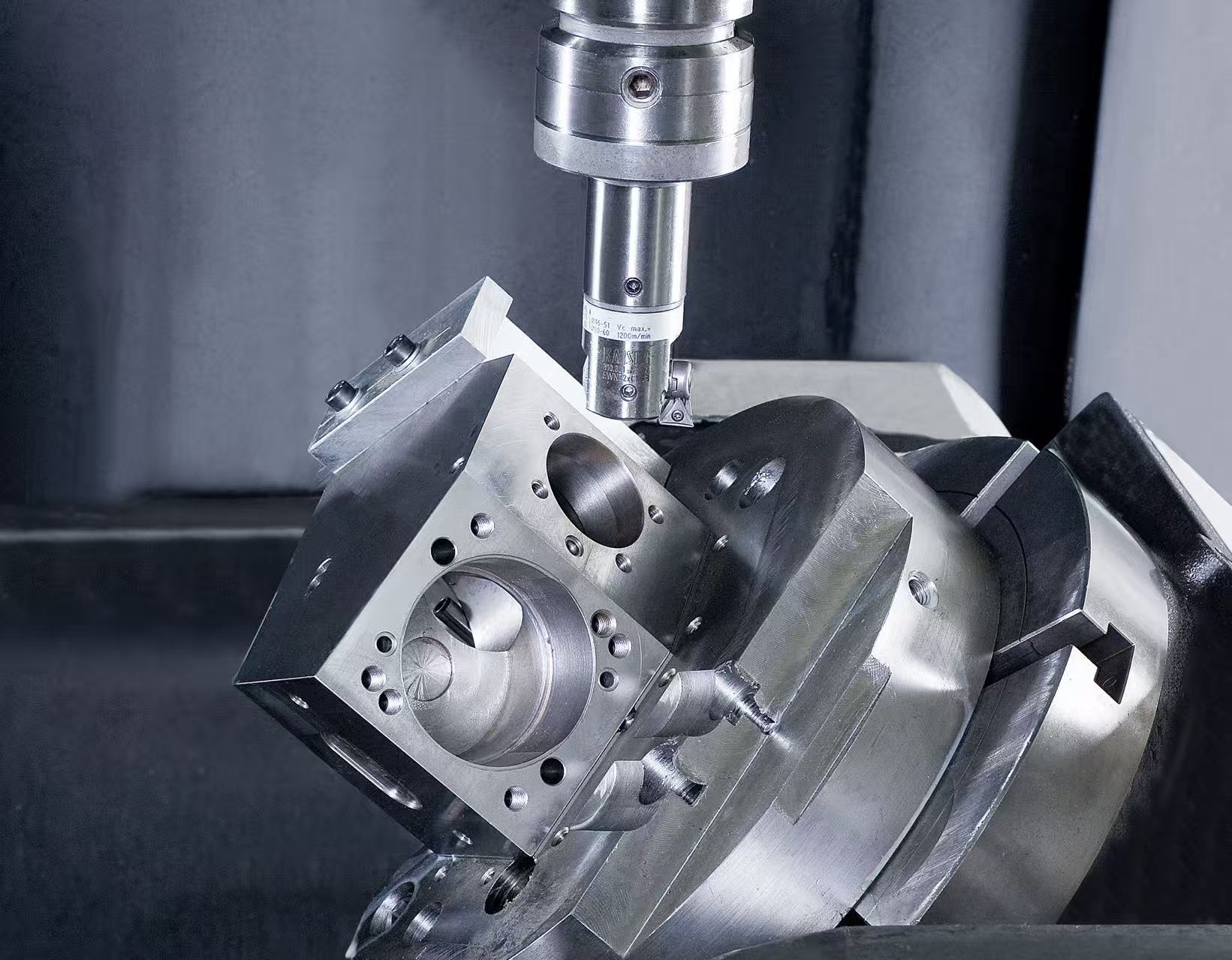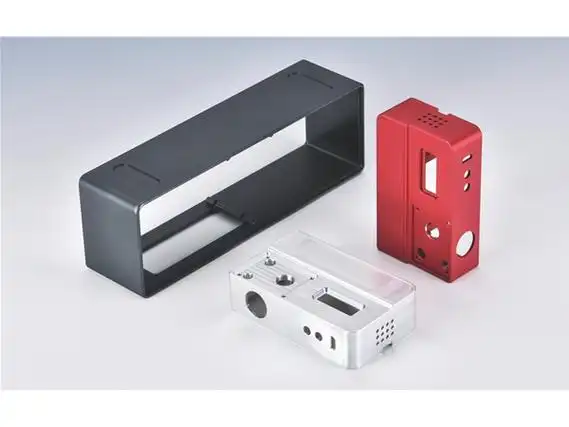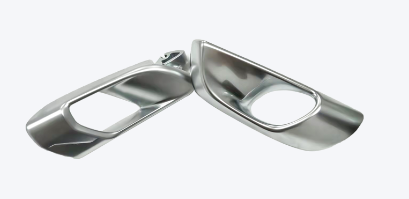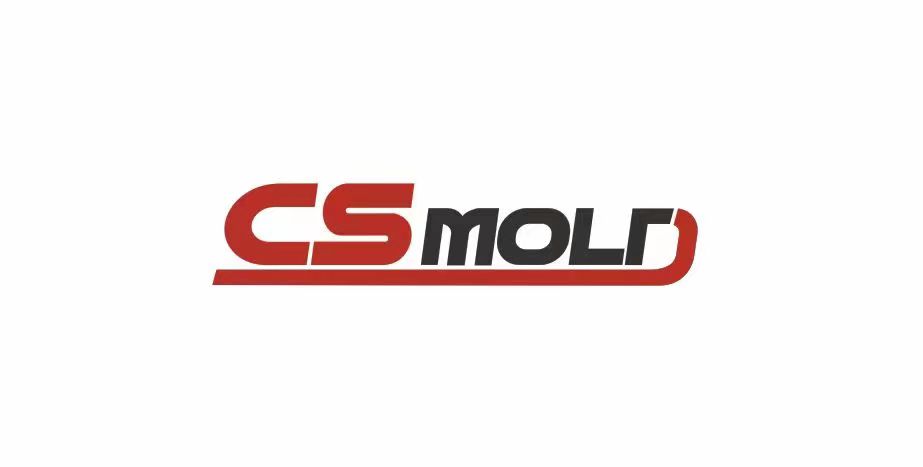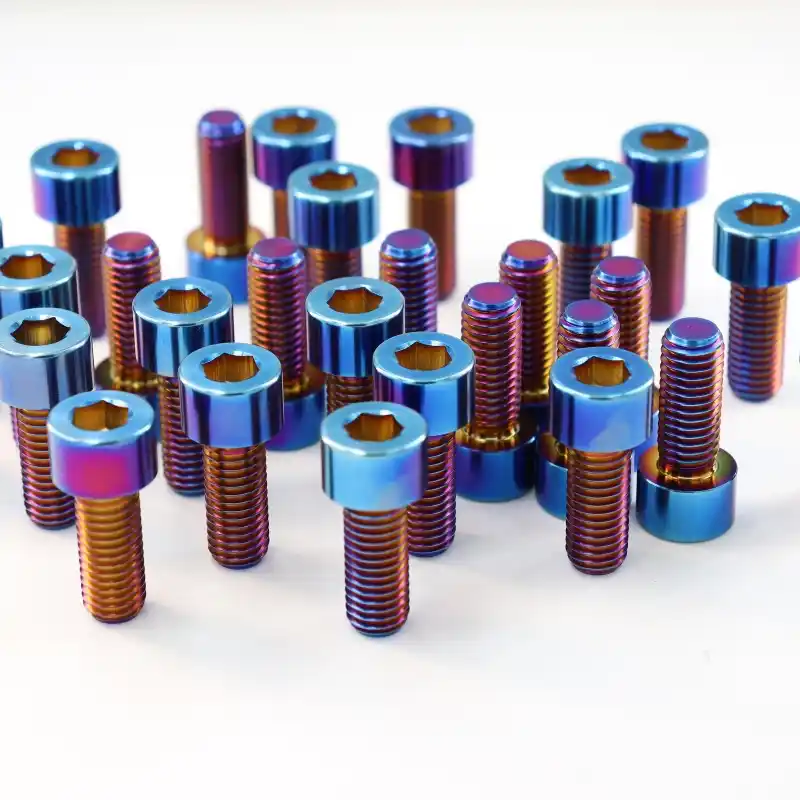
In the field of non-standard customized parts processing, screws are basic and key connecting components, and the quality of screw processing directly affects the overall performance of the product. With many years of industry experience, CS Molding focuses on precision screw processing. In response to common problems such as insufficient thread precision, material deformation and cracking, and rapid tool wear, we provide customized solutions such as three-level precision control, composite cooling, and intelligent parameter optimization to help improve product qualification rates and reduce costs in the fields of medical, aviation, and new energy. We are your trusted precision manufacturing partner. We have summarized the following common problems and targeted solutions to help customers break through production bottlenecks.
1.Insufficient screw processing precision: The three-level control system builds a solid quality defense line
When assembling products, poor thread fit often occurs, which often leads to assembly failure. In response to this, CS Molding has created a three-level precision control system:
The first is bottom hole pre-control. High-precision CNC equipment ensures the bottom hole tolerance of ±0.03mm, and ST plug gauge full inspection ensures basic accuracy.
The second is dynamic thread rolling. Introduce a torque monitoring system to adjust the pressure in real time. For titanium alloy threads, three-stage rolling is used, and the pitch deviation is controlled within 0.01mm.
In addition, for precision scenarios, we use the glue filling method for reverse correction. For example, a medical manufacturer has increased the pass rate of cochlear implant threads to 97%
2.Deformation and cracking of screw processing materials: Process collaboration solves strength issues
When processing high-strength materials, cracks are prone to occur. CS Molding solves this problem through a combination of processes:
First, precise heat treatment. The high-frequency quenching equipment controls the temperature at ±3°C, and the quenching layer depth accuracy of titanium alloy screws reaches ±0.05mm.
Second, composite cooling. Using -20°C oil mist combined with spindle water cooling, the titanium alloy processing deformation is reduced from 0.15mm to 0.04mm.
It is worth noting that we have also optimized the pretreatment. After plasma activation of carbon fiber materials, the processing delamination defects are reduced by 60%. And the qualified rate of new energy brackets reaches 96%.
3.Too fast tool wear: Double upgrade of materials and coating technology
In project production, are you always troubled by the high tool cost and the inability to reduce it? CS Molding’s solution directly hits the pain point:
First, special tools. When processing high-silicon aluminum alloy, PCD tools are used to extend the life by 8 times and reduce the unit cost by 40%.
The second is nano coating. AlTiN coating reduces the friction coefficient to 0.12 and reduces the frequency of tool replacement for stainless steel processing by 70%.
At the same time, we introduced an intelligent parameter system. The AI algorithm optimizes cutting parameters in real time, and a certain automotive parts manufacturer has reduced tool loss by 30%.
4.Poor consistency in screw processing batches: digital system achieves precise control
Dimension fluctuation is a common problem in batch production. CS Molding completely solves this problem with intelligent systems:
The first is full inspection technology. The Optoflash system completes a 360° scan in 10 seconds, with an inspection accuracy of ±0.01mm and a CPK value of 1.67.
The second is equipment interconnection. The IoT system enables multi-machine collaboration, automatically schedules production when the tool is abnormal, and reduces downtime by 20%.
In addition, the dynamic SPC system corrects parameters in real time, and batch dimension fluctuations are controlled within ±0.015mm.
5.Complex structure processing: Composite process breaks through manufacturing boundaries
The processing of special-shaped screws is no longer limited, and CS Molding’s innovative technology opens up new possibilities:
The first is five-axis linkage. One clamping completes multi-faceted processing of aviation screws, with an efficiency increase of 60% and a form and position tolerance of ±0.01mm.
The second is the combination of additive and subtractive materials. After 3D printing the blank, CNC milling is used, and the flow channel accuracy of medical implant screws reaches ±0.02mm.
At the same time, we use micro-nano processing. After laser etching of nano grooves, the anti-loosening performance of mobile phone M1.2 screws is increased by 2 times, and the failure rate is reduced by 87%.
6.Choose the right manufacturing partner
The processing upgrade of precision screws is the synergistic result of process details and intelligent technology. CS Molding pursues 0.01mm-level precision and provides customized solutions for medical, aviation, new energy and other fields. Whether it is mass production or complex parts processing, we always promise 99.9% yield rate and become your reliable manufacturing partner.
Contact us now and let CS Molding become your reliable partner for precision manufacturing.

